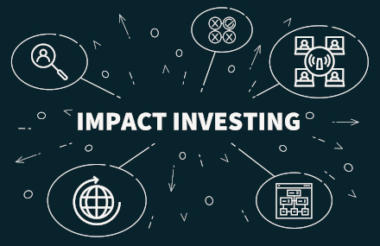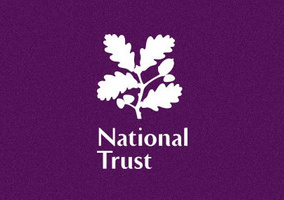A few years ago, the conversation was all about impact investing but, recently, discussions have shifted more towards responsible and sustainable investment strategies. “Our sustainable investment strategy has outperformed its benchmarks, its peers, and delivered high market returns,” says Director in the Barclays Private Bank Charities Team, Ian Chesham. “But, once certain barriers are overcome, I can’t see why this can’t also be the case for impact investing. The opportunities we are seeing now are global and exciting, and present a real chance for charities to make a difference.”
Chesham says that for those looking to make intentional, positive change, impact investing can be a powerful vehicle. But, he cautions, there are several factors to consider. “Impact investing is a very different animal from responsible investing. Some of the terms can be very confusing. Investors need to cut through the jargon and demystify what impact investing is and what opportunities it presents,” he says.
To this end, Barclays launched a national campaign to inform investors about Environmental, Social and Governance (ESG) and impact investing, explaining terms and strategies.
Chesham says: “I think there is a strong willingness to learn but, at the moment, many charities are simply unaware of the opportunities out there and without in-house expertise on the topic it is important to work with investment managers. It is a steep learning curve.”
Breaking down barriers
As well as getting to grips with the terminology, there are other barriers to accessing impact investment. “With liquid investments, you can access your money quickly, but with true impact investments, which are often illiquid private assets, sometimes it is a ten-year commitment,” says Chesham. “A charity has to consider whether it has the reserve policy that fits this type of strategy, as well as the cash flow.”
Access can be difficult, but there are a growing number of opportunities where you can have a societal and environmental impact while at the same time achieving an attractive market return, according to Chesham.
To help charities take advantage of this, Barclays has established two programmes in the impact investment arena: Unreasonable Impact, which focuses on scaling entrepreneurial businesses that are working to solve some of the world’s most pressing social and environmental challenges; and another impact programme that connects companies and venture capitalists with investors to create a forum and investment platform.
“Through Unreasonable Impact alone, we have partnered with 124 companies, creating 20,000 new jobs, with an estimated 187 million people positively impacted,” says Chesham. “It just shows that if you have investor capital reaching companies which are scaling up and making seismic changes to the world, you can really make a big difference.”
Finding the perfect match
Chesham says that Barclays is seeing a wide spectrum of charities of all sizes undertaking impact investing, and those tend to be the ones that are more forward thinking.
“A charity’s ethics and values are always the starting point – what are your beliefs, your mission and your investment goals? Previously, there used to be an investment pot that was there to maximise return, and the rest of the organisation only saw profit or loss, but now a charity’s values are core to its investment strategy.”
Indeed, investment strategy is now very much part of a charity’s public persona and a way of gathering support and acquiring donors. “It has become a powerful tool for a charity to enhance its reputation and reduce reputational risk.”
Impact strategies don’t have to be high risk in terms of returns either, says Chesham. “For example, we have fixed income investments that are focused on impact which are lower risk than private equity.”
Chesham cites projects around solar energy and reforestation, which have proved solid performers. “Once platforms are built and access to companies and investment ideas are available, then impact investment will only grow; the number of opportunities is huge and the demand is huge also.”
A vital part of the strategy, says Chesham, is to pair the right charity with the right opportunity. “You should never forget that charities have their own direct social impact and the reserves are there to support that work. But, if your investments are aligned with those impact goals, then the difference you can make is enormous.”
Ian Chesham, Director, Charities Team – Barclays Private Bank
This content has been supplied by a commercial partner












